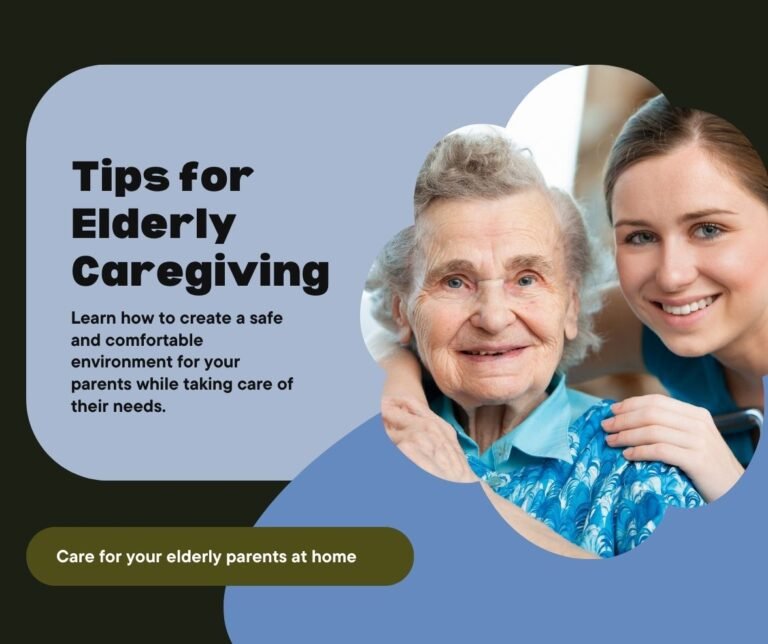Sudden Excessive Sleepiness In The Elderly [Causes & Solutions]
Does your loved one have an irregular and excessive sleep schedule and it makes you concerned? As one age, changes in sleep patterns are normal. However, sudden excessive sleepiness may suggest an underlying health issue and should be addressed timely.
Understanding and timely intervention is essential to improve the well-being of your loved ones and provide them with a quality of life. This article aims to explore some potential causes of sudden excessive sleeping and ways to manage it effectively.
Is Sudden Excessive Sleepiness in the Elderly Concerning?
Yes, sudden changes in sleep patterns can be quite concerning, especially in late adulthood. The risks of accidents and falls may increase with sudden excessive sleeping. This can further lead to injuries and much more serious consequences for senior individuals.
Moreover, seniors may also feel suddenly sleepy during crucial tasks such as cooking or driving, putting them as well as others at risk.


The condition can potentially affect cognitive abilities as well. Senior individuals may find it hard to reason logically, recall memories, or engage in problem-solving activities.
While this condition is often overlooked as a part of aging, it is vital to pay close attention to the signs below and address them.
Noticeable Signs of Sudden Excessive Sleepiness
It is significant to look out for signs that suggest an underlying health problem. Adequate intervention is necessary to ensure the well-being of your loved ones.
Increased Daytime Sleepiness
Elderly individuals may struggle with staying up during nighttime. With irregular sleep patterns, they have to deal with drowsiness and fatigue, making it hard to stay active and engage in productive activities.
Frequent Sleeping
A sudden increase in daytime napping in unusual situations or places may suggest a problem with sleeping patterns. While sudden napping in senior individuals is common, it is essential to look out for signs that may raise concerns, such as the frequency of naps.
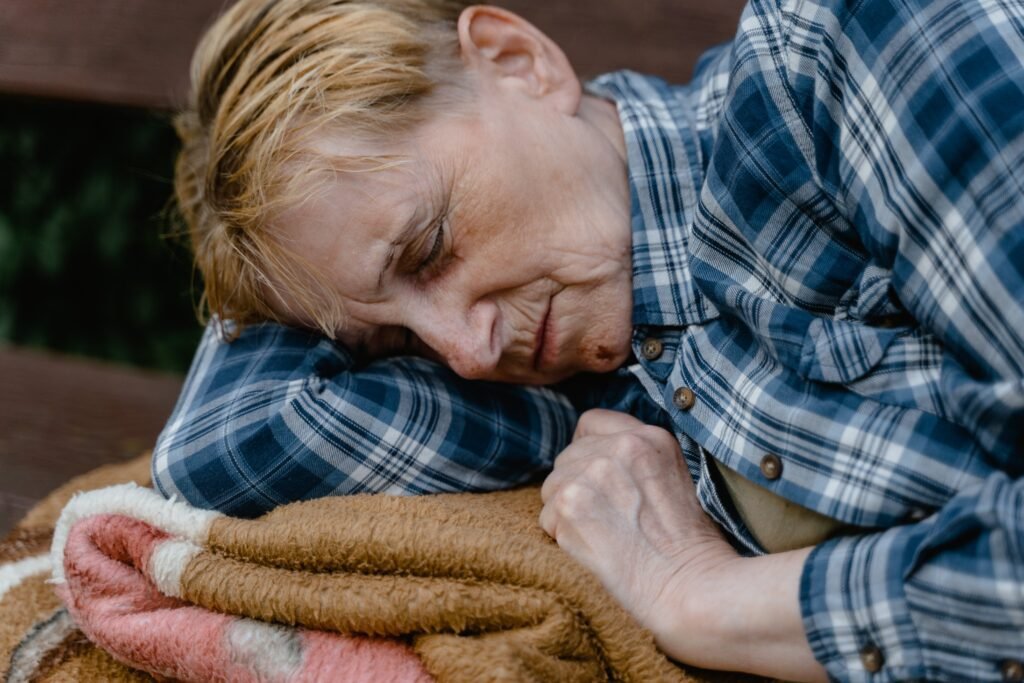

Difficulty in Concentrating
With fatigue and drowsiness, elderly individuals may find it hard to concentrate or stay alert during conversations and activities. While this aspect may be overlooked, lack of concentration can be quite harmful in certain conditions such as driving.
It is essential to evaluate the condition of the individual before assigning them tasks that require attention and alertness.
Sudden Mood Changes
With irregular sleep patterns, individuals may feel restless and frustrated leading to sudden mood changes. It can cause severe mood changes, making seniors more prone to increased irritability.
Memory Impairment
Lack of sleep significantly affects memory retention. With sudden excessive sleepiness, seniors may struggle with recalling recent events or conversations.
Can Medical Conditions Lead to Sudden Excessive Sleepiness?
Yes, certain medical conditions are known to be associated with sudden excessive sleepiness. Identifying the major cause can help in the effective management of the condition.
Sleep Apnea
Sleep Apnea is a condition involving disturbance during sleep. Individuals with sleep apnea may have to take pauses for breathing during sleeping. This disrupts sleep, consequently leading to daytime fatigue and sudden napping.
Chronic Pain Conditions
Certain chronic conditions such as chronic back pain or arthritis can make it hard for senior individuals to sleep with comfort. Depending on the intensity of pain, sleep can be significantly affected by such pain conditions leading to daytime drowsiness and fatigue. Moreover, this may make individuals more vulnerable to irritability and frustration.
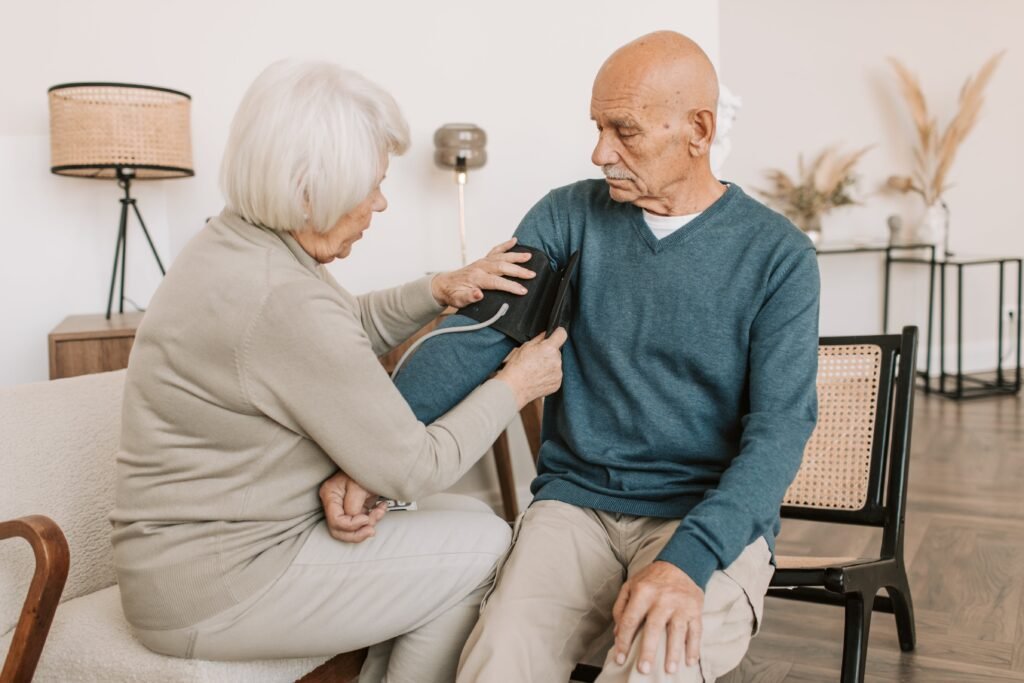

Diabetes
Fluctuating blood sugar levels and discomfort can also disrupt sleep in patients with diabetes. Moreover, the associated complications with diabetes can also contribute to daytime fatigue and sudden naps.
Heart Disease
Heart disease or congestive heart failure can cause breathing problems. This can further disrupt sleep patterns making senior individuals more prone to daytime fatigue and excessive sudden sleepiness. Individuals may also tend to engage in sleeping during the daytime.
Insomnia
Sleep conditions such as insomnia can also cause disturbances in sleep patterns in senior individuals. Individuals with insomnia may find it tough to fall asleep and may feel restless and frustrated due to an irregular sleep cycle.
Neurological Disorders
Certain neurological disorders such as narcolepsy, Parkinson’s disease, and Alzheimer’s disease may also significantly contribute to a disrupted sleep cycle in senior individuals. Making senior individuals more prone to daytime drowsiness and fatigue, consequently leading to sudden excessive sleepiness.
Are Psychological Factors Associated with Sudden Excessive Sleepiness?
Yes, sudden excessive sleepiness is known to have a strong association with psychological factors. It is vital to identify the factors timely and address them to improve the quality of life of your loved ones.
Anxiety
High levels of anxiety can interrupt sleep making individuals more susceptible to fatigue and drowsiness. Individuals may tend to feel more sleepy during the daytime leading to sudden excessive sleepiness.
Grief
Losing loved ones is common when one age. Senior individuals may tend to experience the emotion of grief, coping with the loss of a loved one.
Grief is a strong emotion that can significantly disturb the sleep patterns of an individual. Elderly people may feel more fatigue and drowsiness causing sudden excessive sleepiness.
Depression
Depression can have a significant adverse effect on sleep. Senior individuals coping with depression may experience difficulty falling asleep. Therefore, daytime fatigue and napping can occur as a consequence of depression in elderly individuals.
Post Traumatic Stress Disorder (PTSD)
Trauma or Post Traumatic Stress Disorder can harm sleep patterns. Individuals with such psychological conditions may experience negative emotions and their sleep patterns may be significantly affected.
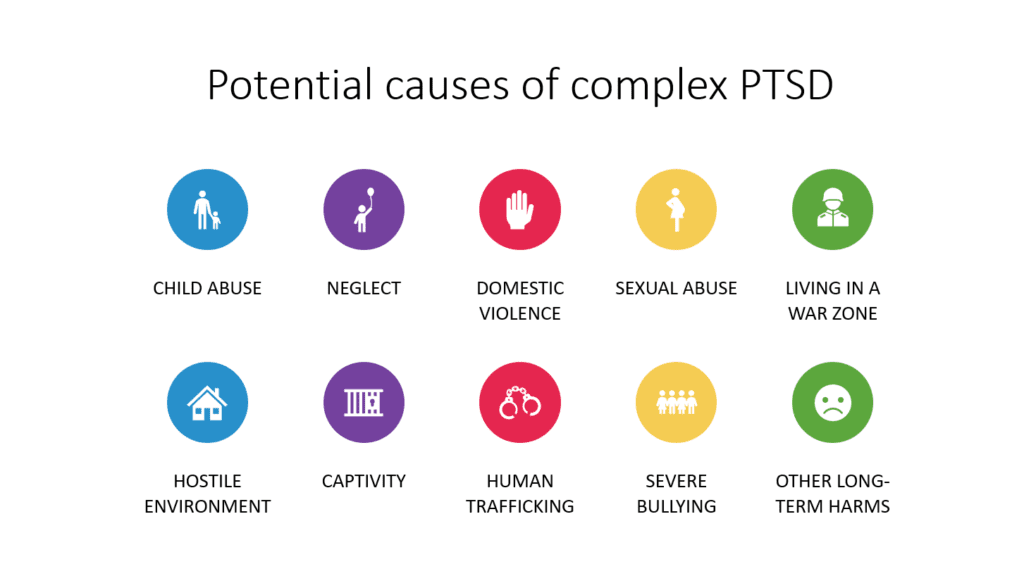

This includes difficulty falling asleep, frustration, fatigue, and frequent napping during the daytime. It is essential to provide such individuals with adequate help.
Psychiatric Disorders
Psychiatric disorders such as bipolar disorder and schizophrenia can also affect sleep. Such psychiatric disorders can disrupt sleep patterns, leading to sudden excessive sleepiness.
Can Medications Cause Sudden Excessive Sleepiness
Yes, medications can cause sudden excessive sleepiness in older adults. Some are known to have fatigue or drowsiness as a side effect. The following are known to have a relationship with sleep.
Antidepressants
Certain antidepressants such as tricyclic antidepressants or Selective Serotonin Reuptake Inhibitors (SSRIs) are known to have properties that can affect sleep.
Antipsychotics
Medications used to manage condition psychiatric conditions such as bipolar or schizophrenia are also known to have an adverse effect on sleep.
Pain Medications
Certain pain medications such as opioids and pain relievers can affect sleep patterns, inducing drowsiness or fatigue.


Blood Pressure Medications
Medications used to manage blood pressure such as beta blockers can cause fatigue and drowsiness in elderly individuals.
Muscle Relaxants
Medications prescribed for muscle spasms can have a sedated effect. This can induce drowsiness, increasing frequent daytime naps.
Do All Elderly Feel Sleepy Suddenly?
No, not all elderly experience sudden or excessive sleepiness. While changes in sleep patterns are common as one age, not every senior individual needs to experience alternations in their sleep patterns
Each individual is unique and has their own needs. Many factors such as overall health, sleeping habits, medical conditions, psychological conditions, and medications are known to influence sleep patterns.
Some individuals may manage to maintain a healthy sleep routine throughout their life. With a healthy lifestyle and an adequate diet, irregular and abnormal sleep patterns can be prevented, even in old age.
Are Behavioral Changes Associated with Sudden Excessive Sleepiness?
Yes, certain behavioral changes are observed with sudden excessive sleepiness. These behavioral changes may include
Increased Irritability
Disrupted sleep patterns or sudden excessive sleepiness can lead to severe mood changes and increased irritability. Senior individuals may feel frustrated and distressed most of the time.
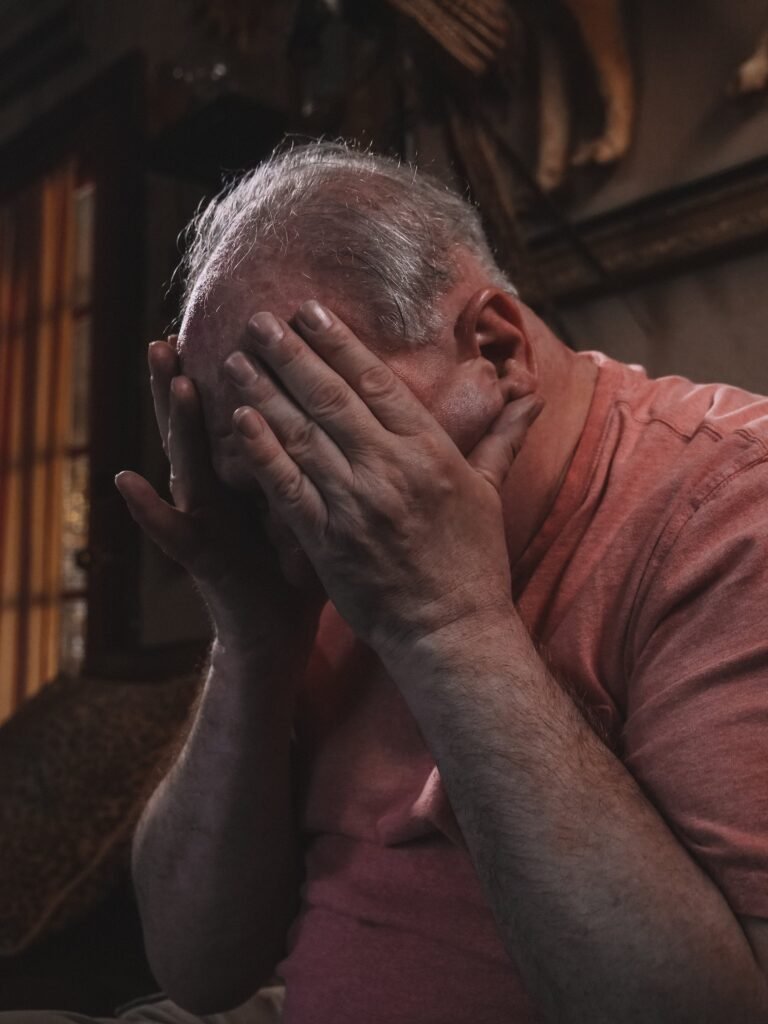

Less Engagement in Activities
With fatigue and irritability, senior individuals may tend to tend to withdraw from daily life activities.
Low social Interaction
Frustration and fatigue can significantly affect one’s ability to engage in conversations. Elderly individuals may limit social interaction with the people around them and isolate themselves.
Changes in Eating Habits
Some individuals may alter their eating habits. Some may tend to consume more caffeine to combat their daytime drowsiness.
Also, Read: Failure To Thrive In Elderly – All You Need To Know
Can Sudden Excessive Sleepiness in the Elderly Be Managed?
Yes, with certain suitable steps, sudden excessive sleepiness can be managed to some extent. However, it is necessary to contact a healthcare professional for adequate care of your loved one.
Identify Underlying Issues
Identification and timely intervention of underlying issues is essential to improve the well-being of your loved ones. Treating these issues can significantly help in sudden excessive sleepiness in adults.
Medication Adjustment
If drowsiness is a potential side effect of a medication, the dosage can be adjusted. Other than that, another medication with less sedating effect can be considered after consultation with a healthcare professional
Sleep Hygiene Practice
Certain healthy sleep habits such as maintaining a consistent good sleep, ensuring a comfortable sleeping environment, and creating a relaxing bedtime routine can significantly help in managing sudden excessive sleepiness.
Healthy Diet
A balanced and healthy diet can also make sleep cycles more comfortable. Moreover, avoid eating heavy food during bedtime.
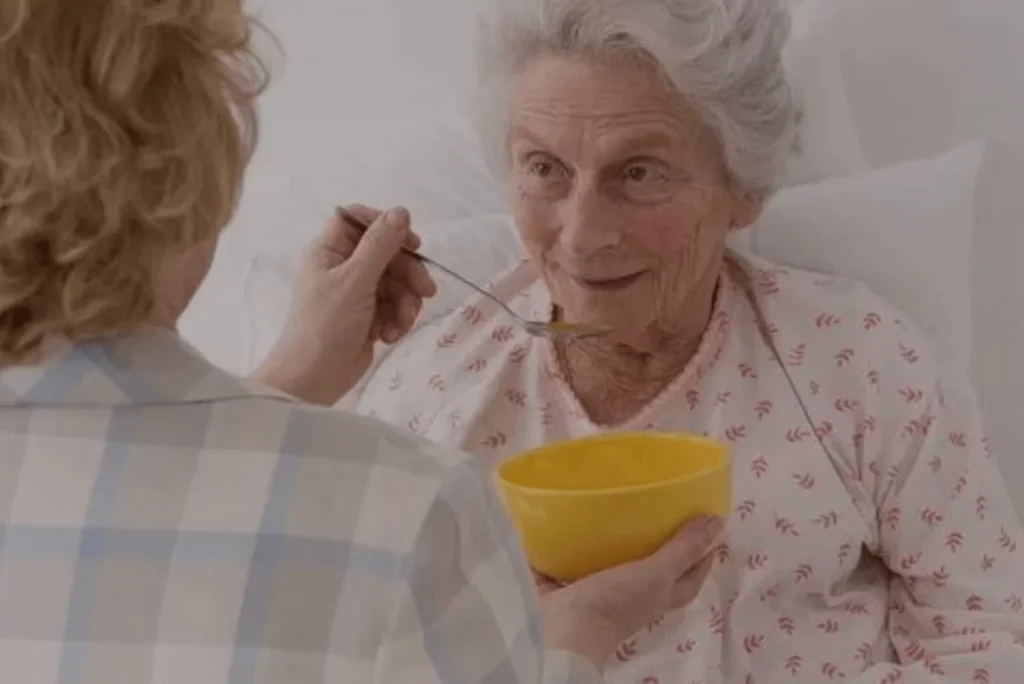

Physical Activity
Engaging in physical activities and regular exercise can ensure a healthy lifestyle, contributing to a night of good sleep. Moreover, this also promotes alertness during the daytime.
Psychological Therapy
To address psychological conditions, psychological therapies can be provided to senior individuals. Sudden excessive sleepiness can be managed by addressing mental health conditions through therapies and counseling.
Assistive Devices
Many assistive devices, such as Continuous Positive Airway Pressure (CPAP) can be used to help with breathing in conditions such as sleep apnea.
Editor’s Pick: Are Keto Pills Safe for Seniors & Do They Actually Work?
Conclusion
It is essential to understand that sudden excessive sleepiness doesn’t always have to be a normal part of aging but is often a sign of an underlying condition. Caregivers and families should treat their loved ones with patience and understanding. It is vital to pay close attention to the signs and address them accordingly. Other than medical strategies, nonmedical strategies such as physical activity, a healthy diet, and good sleep hygiene can be provided to help improve sleep quality. By fostering communication and through a collaborative approach, families can help their loved ones age gracefully.
FAQs
What is the difference between normal age-related sleep changes and sudden excessive sleepiness in elderly people?
Normal age-related sleep changes involve lighter sleep and more frequent awakening and sudden excessive sleepiness is an abrupt alteration in typical sleep patterns, causing daytime drowsiness.
Can sudden excessive sleepiness be a symptom of a serious health condition?
Yes, it can suggest certain neurological conditions, heart problems, and sleep disorders.
Can behavioral therapy be provided to manage sudden excessive sleepiness?
Yes, certain behavioral therapies such as Cognitive Behavioral Therapy (CBT) can be provided to improve the sleep patterns of an elderly individual.
Are familial factors associated with sudden excessive sleepiness?
Yes, familial factors can be associated with sudden excessive sleepiness suggesting a potential hereditary influence.
Can hormonal changes induce sudden excessive sleepiness?
Yes, hormonal fluctuations such as menopause or changes in thyroid function can induce sleep-related problems.

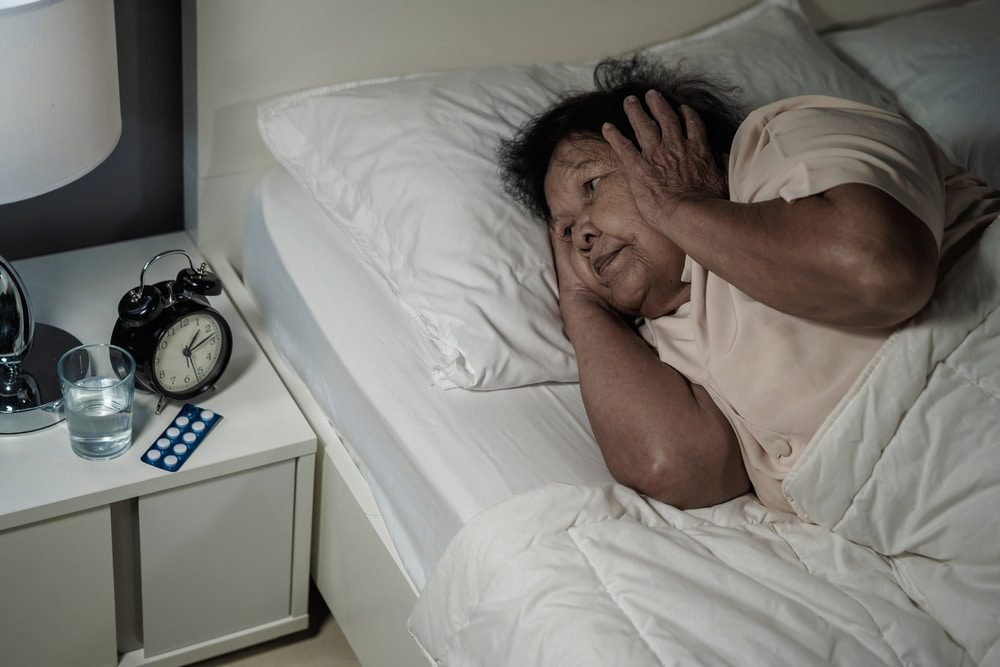

![20+ Signs Your Elderly Is Ready for Assisted Living [2024]](https://caringhandshomecarefl.com/blog/wp-content/uploads/2024/01/Signs-Your-Elderly-Is-Ready-for-Assisted-Living-768x644.jpg)

